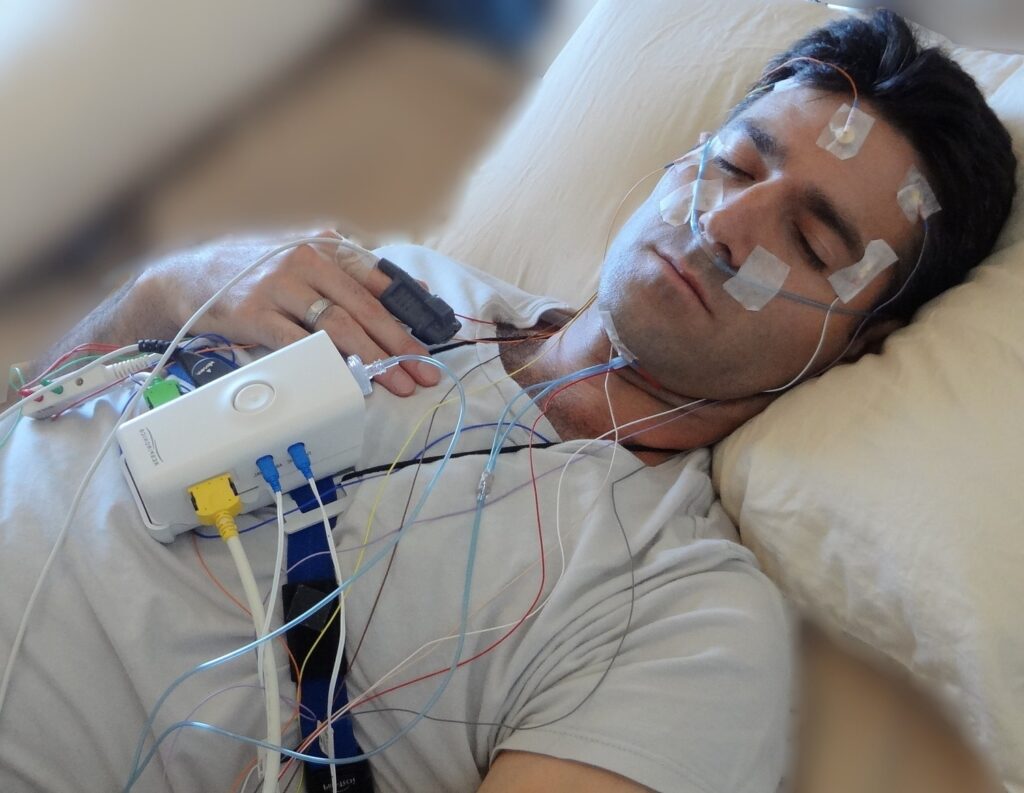

Sleep is a vital physiological requirement for humans to maintain a healthy lifestyle. In other words, lack of proper sleep can lead to a slew of bodily processes going disastrously wrong. Time and time again, research has shown that chronic sleep issues are directly associated with a variety of illnesses. These include but are not limited to, mental health disorders, type 2 diabetes, obesity, and cardiovascular disease.
However, regardless of the obvious importance of achieving a deep, restorative sleep required for overall physiologic health and peak cognitive performance is a greater challenge than it appears. This challenge comes directly from factors such as lifestyle and environment. Furthermore, biological factors also play a role in hindering the sleeping process.
Furthermore, one of the most perplexing concerns in sleep biology has been how the brain regulates a state of deep sleep. The answer to this question is likely to shed light on new strategies to counter sleep problems and even mitigate them completely.
A recent publication led by Harvard Medical School researchers at the VA Boston Healthcare system provides crucial insights into this long-standing conundrum. The study utilized mice as subjects, and was published on April 26th in Nature communications, and identifies a critical brain region that regulates delta wave oscillations.
These are fundamentally electrical signals conveyed between neurons that develop during the deepest moments of relaxation for humans. Results have shown that they are a distinguishing feature of restorative sleep.
The Harvard Medical School research team focused on the neurons present in the thalamus. The thalamus is a part of the brain that governs sleep and alertness, among several other processes. The researchers utilized CRISPR-Cas9 gene editing.
Through this method, they were able to alter a gene that encodes a particular protein that is responsible for binding the inhibitory neurotransmitter GABA. This protein is a target for sleep-inducing medicine.
The study showed that disrupting this gene in mice led to increased delta wave activity and enhanced deep sleep. To clarify, replicating this model would allow the findings to carve the path for designing enhanced therapies that precision-target the protein to induce quality deep sleep.
The new therapies could be groundbreaking since commonly used insomnia medicines are filled with drawbacks regardless of being an important tool for treatment. Even though the medicine is faster to get people to sleep, it dulls the activity of restorative delta waves. This side-effect negates an important benefit of sleep.
According to Basheer, who co-led the study, these findings have set the stage for a new class of sleep medicines that will achieve the perfect deep sleep without canceling out the benefits such as delta wave oscillations.
In conclusion, sleep deprivation has long been a concern leading to an unhealthy lifestyle and declining society’s mental health as a whole. Any medicine so far to induce sleep, negates its benefits. The findings of this study are fundamentally acting as a framework to create medicine and therapies with no adverse effects.





